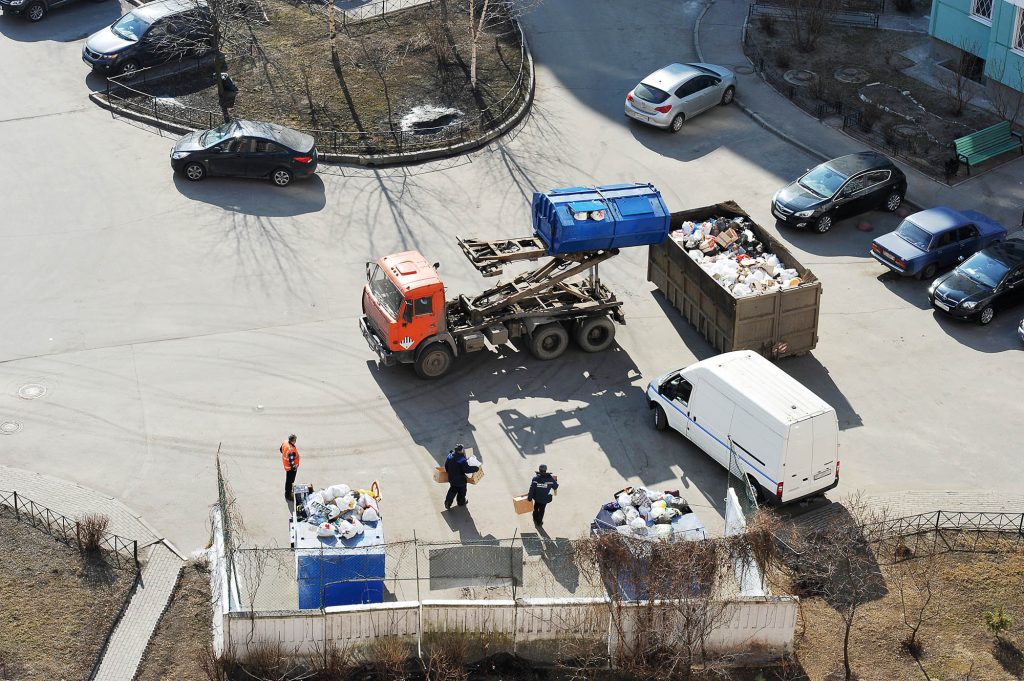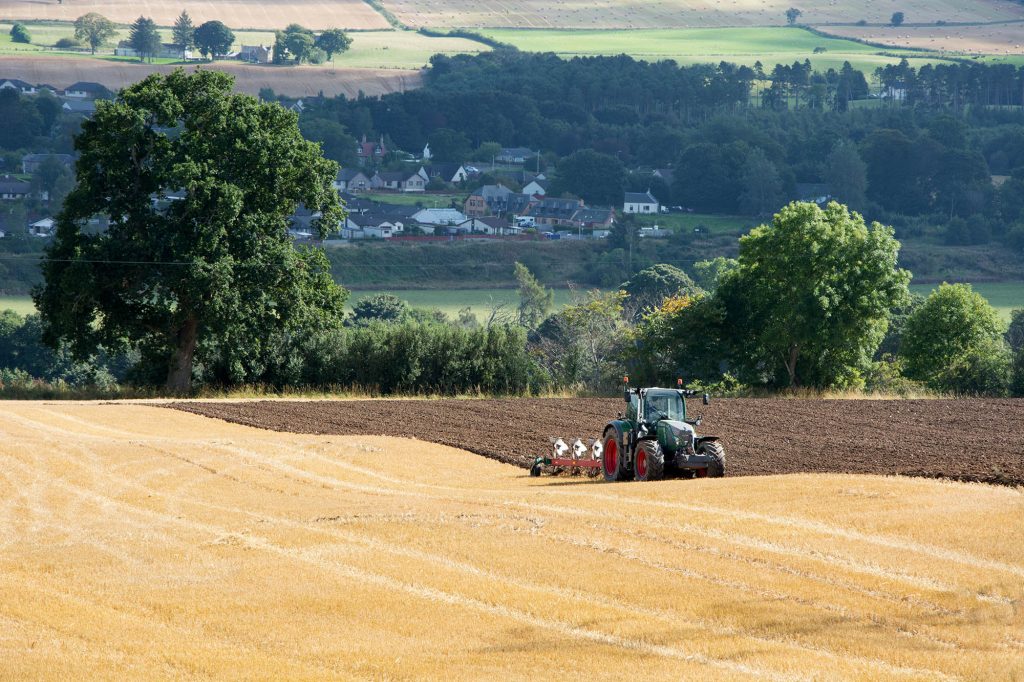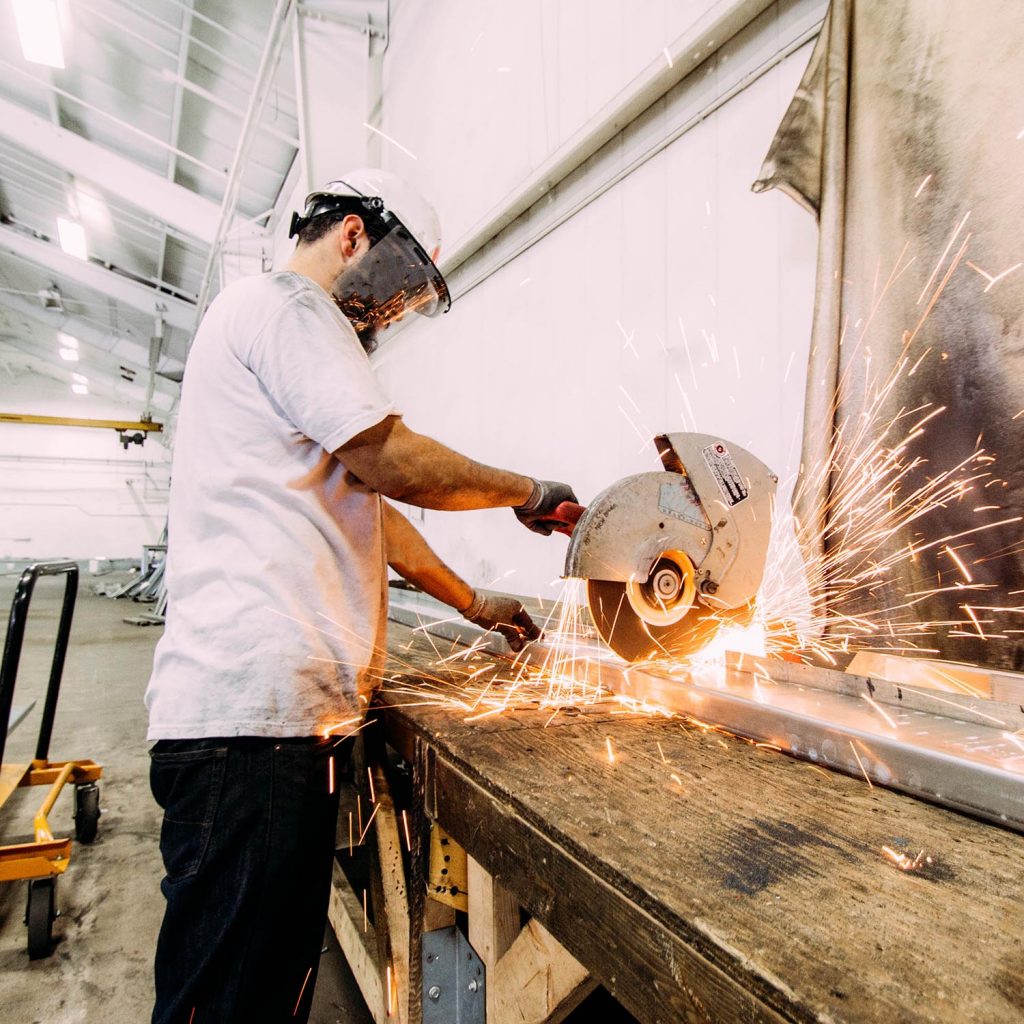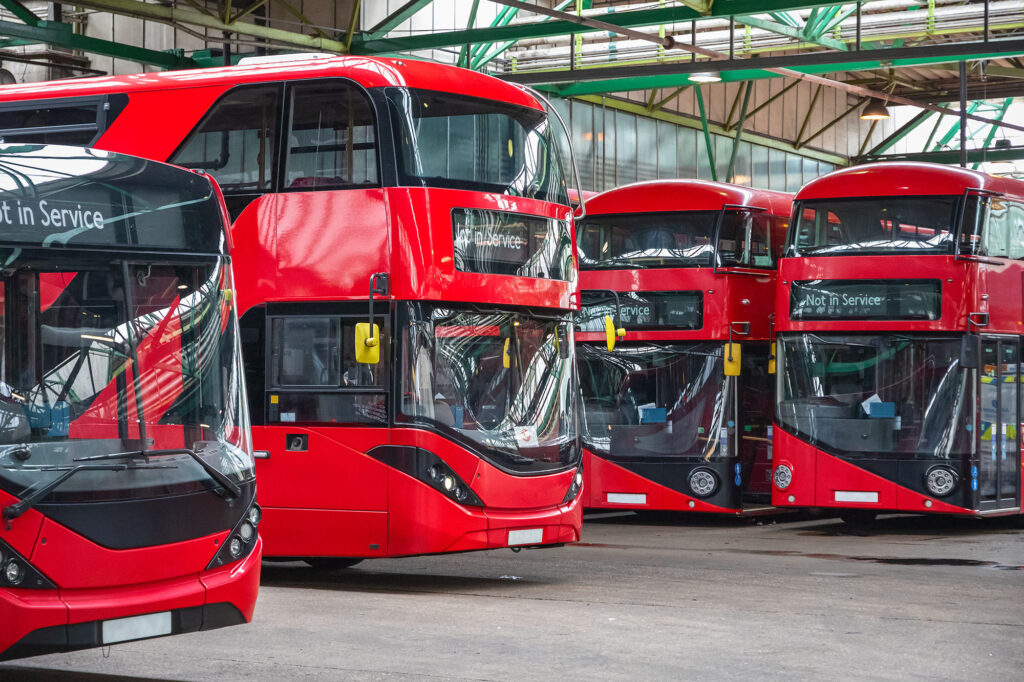Industry Sectors of the United Kingdom – Employer Negligence Claims
Wherever you work, if you have suffered loss due to employer negligence — be it an accident at work or industrial disease — our panel of solicitors can help you claim compensation. Contact us to discuss your claim under no-obligation, and find out if you can use our no win, no fee* service. Call today on 08082391859^.
The UK’s industrial landscape
The UK has an exceptionally varied workforce. Industries across England, Scotland, and Wales are wide-ranging and regularly changing. It’s important for our employer negligence solicitors to have tabs on the industrial mark-up of the whole United Kingdom, to understand how diversifying and developing sectors could influence the health and safety of employees. Whilst in some workplaces, like offices, the environment might not change much as the actual work does, in work settings like factories, automation and technical advancements can directly affect employees and their personal safety. We have our finger on the pulse to make sure we can accommodate new types of claim from the ever-evolving practices of employment.

We use the Standard Industrial Classification, or SIC, to identify what industries have workplace processes that could pose a potential threat to employee wellbeing. Knowing, for instance, that past employment in construction or manufacturing — namely shipbuilding — is producing an outpouring of asbestos-related diseases, like Mesothelioma, in recent years means we can quickly link the causes of, and attribute negligence to, previous employers; even after some 40 years passing. In the same way that we know the retail sector, making up some 12% of the UK workforce, are seeing an increase in violence at work cases. Even that public administration & defence sectors have ~50% of sick days attributed to mental health problems, like stress due to workplace pressures.
Our understanding and experience with the industries of the UK means our employer negligence solicitors are well-prepared to deal with a myriad of cases. Whether staff have been injured in an accident, or developed an industrial illness, as a result of improper practices, management or risk assessment, we can help.
Claiming compensation for a workplace injury or industrial illness with our employer negligence solicitors.
There have been an estimated 1.4 million employees coping with a new or aggravated illness or disease they attribute to their workplace in 2018/19. In the same period, there was 581,000 workers sustaining injuries from accidents at work that weren’t life-threatening. The scope of the problem isn’t limited to a few industry types, and we aim to hold employers to account however the damage to your person came about.
Regardless of where you work, or what you do, speak to our team if you’ve suffered somehow as a result of your employment. We can help you build a case for compensation on a no win, no fee* basis. Our team is available 24/7 on 08082391859^ and will give you a free claim assessment and guide you through your claim with expert guidance and a friendly demeanour.

Which Industries in the UK SIC can I make a claim against?
The major stipulation with employer liability claims is that your workplace is responsible for whatever ails you. It isn’t such an issue where you work, more how you work that causes the problems. Still, knowing the industrial layout of the UK means we can anticipate what common problems are associated with which industries. For more information on each, follow links to corresponding pages on industry types by SIC:
- A: Agriculture, Forestry & Fishing — roles include farming, breeding animals and harvesting wood.
- B: Mining and Quarrying — roles include harvesting and preparing minerals, oil, petrol and natural gas.
- C: Manufacturing — roles include food and beverage production, textiles manufacture, printing and chemical products.
- D: Electricity, Gas, Steam, and Air Conditioning Supply — roles include electric power, utilities, and infrastructure maintenance.
- E: Water Supply; Sewerage, Waste Management and Remediation — roles include water treatment, waste collection sewage disposal and contamination clean-up.
- F: Construction — roles include building work, civil engineering and carpentry.
- G: Wholesale and Retail Trade; Repair of Motor Vehicles and Motorcycles — roles include car mechanic, international wholesale trade, shop, and department store workers.
- H: Transportation and Storage — roles include freight and public transport, ferry operators, air stewards and postal workers.
- I: Accommodation and Food Service — roles include hotel workers, waiters, and student services.
- J: Information and Communication — roles include publishers, television production, programmers, and internet services.
- K: Financial and Insurance — roles include pension managers, investment brokers and underwriters.
- L: Real Estate — roles include ownership of property, estate agents and office management.
- M: Professional, Scientific and Technical — roles include legal and accounting, management consultancy, research & development and marketing.
- N: Administrative and Support Service — roles include hire managers, human resources, landscaping and business support.
- O: Public Administration and Defence; Compulsory Social Security — roles include governmental bodies and regulators, police force and foreign affairs.
- P: Education — roles include schoolteacher, sport instructors and special needs work.
- Q: Human Health and Social Work — roles include doctor, paramedic, nursing and social worker.
- R: Arts, Entertainment and Recreation — roles include musician, librarian, gambling services and zookeeper.
- S: Other Service Activities — roles include organisational management, computer repair and hairdressing.
- T: Activities of Households as Employers — roles include domestic maids, cooks, and valets.
- U: Extraterritorial Organisations and Bodies — roles include United Nations agent, World Bank and IMF staff.

What industries are most commonly associated with accidents at work?
In terms of rate of injury per number of workers: agriculture, forestry & fishing, manufacturing, construction, wholesale & retail trade; motor vehicle repair, accommodation & food service activities and public administration & defence; compulsory social security come out the worst in all 21 SIC sectors. Just under a third of all workplace accidents leading to injury are due to slips, tips and falls, with manual handling responsible for a further 20% of non-fatal injuries.
Which industries have the highest rates of occupational illness?
Looking at the rate of all illnesses per employee: public administration & defence; compulsory social security, education, human health & social work, electricity, gas, steam & air conditioning supply as well as agriculture, forestry & fishing are statistically worse than other industries. It’s also worth noting that for at least the first three, stress, anxiety & depression are responsible for averagely 40% of all working days lost. For the rest, most are musculoskeletal disorders, of which around half a million people were suffering from in 18/19. Most of the industrial diseases reported are for mental problems or joint/muscle pain that can last for years, but they’re not exclusively the cause for cases of workplace illness.
What sectors have the highest rates of worker fatalities?
Reviewing the number of employee deaths in 18/19, of which there were 147 in total, agriculture, forestry & fishing, construction, manufacturing, wholesale & retail trade; motor vehicle repair combined with accommodation & food service activities, transport & storage, administration & support services, and water supply, sewerage & waste management had the highest numbers of employee fatalities.
Can I claim on behalf of a loved one who has died or is seriously suffering from a work contracted illness or injury?
Yes, we can help loved ones claim compensation for the loss of life, or if that person has become seriously ill or disabled as a result. We aim to seek damages to help support families during such tragedies to do what we can to ease the burden. Speak to us whenever it suits you on 08082391859^ for friendly and empathetic guidance.

What advantages do I have if I claim for employer negligence compensation with Workplace Injury Claims?
- We have a team of technical qualifiers who can assess your claim for free. If they feel you have a case, we bring your claim to one of our panel solicitors — that way you don’t run up any legal fees by just asking questions.
- Our telephony team is open 24hrs a day, but you can leave them a message with our contact form, and they’ll get back to you within a few working days.
- Our panel of employer liability solicitors can work on a no win, no fee* basis, meaning again, you’re not drumming up expensive legal fees by claiming for your personal injury or illness.
- Our team covers the whole of the UK, and you’ll be assigned to a panel solicitor depending on if you’re in England and Wales, or Scotland.
- We have helped thousands of people claim compensation from their workplace.
- We can also help with rehabilitation; arranging physio or, in harsher situations, surgery and medical treatment. We offer a whole accident management package.
- We have a UK call centre, based in Manchester, and come from all walks of life.
- We fight for the maximum compensation for you, because ultimately your job is to make the company successful, and they should at least ensure your safety in exchange.
- When we calculate your claim amount, we factor in loss of earnings, general expenses and any ongoing costs incurred, so that you get the highest level of compensation due to you.
- We’re friendly, empathetic and here to help you however we can.

Get in touch with our employer negligence solicitors** today to find out if and how much compensation you could claim.
If you’ve suffered because of your work and someone else is at fault, call our helpline today on 08082391859^ to start your claim — we’re here to help.












